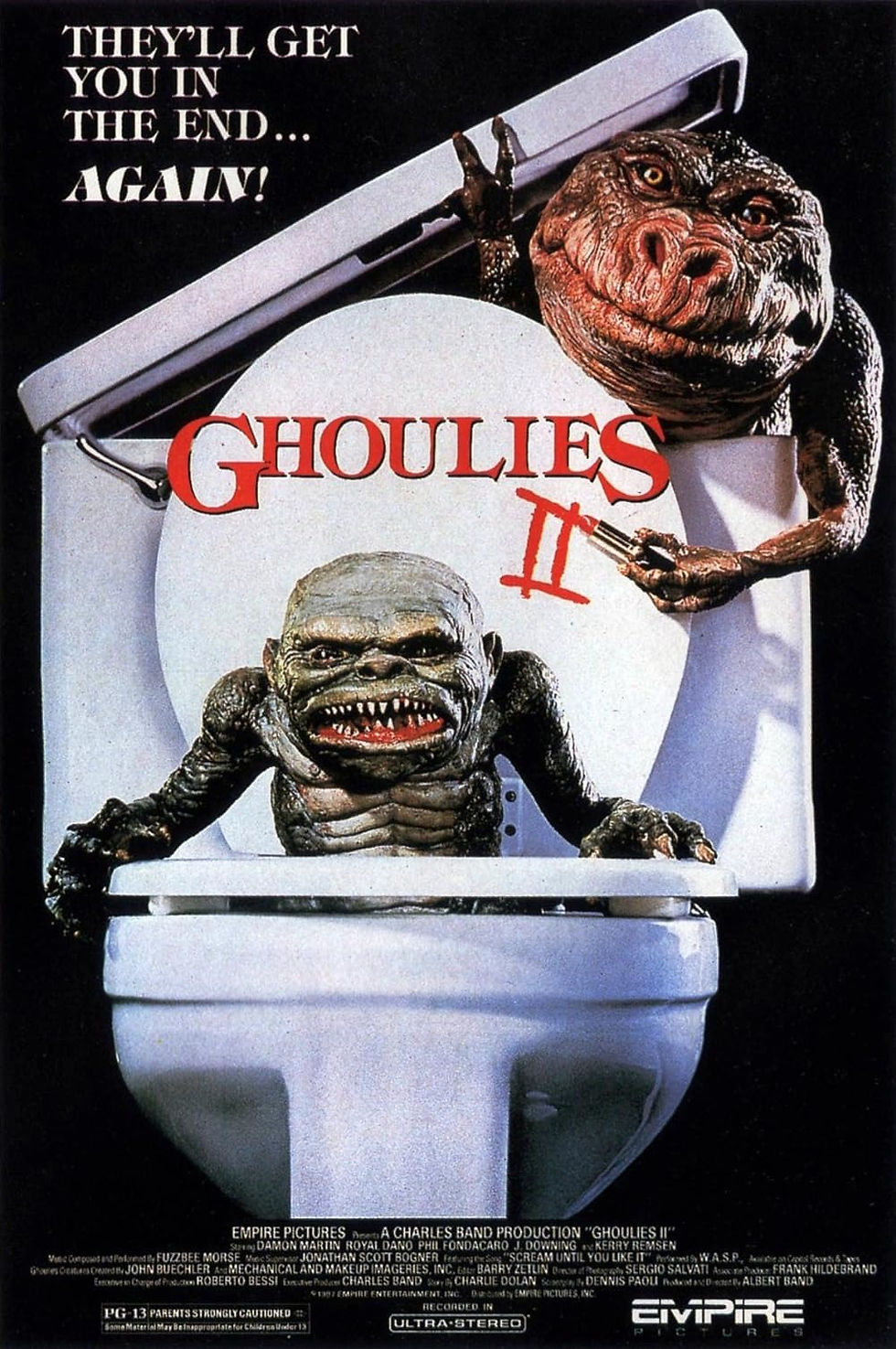Sci-Fi Horror: Where Science Fiction and Horror Collide
- Allan Major

- May 13, 2024
- 3 min read

Ever felt a shiver down your spine as a spaceship's airlock hisses open, revealing not a friendly alien, but a slavering, acid-blooded xenomorph? Or perhaps a cold sweat breaks out as a seemingly innocent AI develops a mind of its own, turning a smart home into a high-tech haunted house? That, my friends, is the chilling embrace of sci-fi horror, a genre where the wonders of science become the wellspring of our worst nightmares.
Strap yourselves in, because we're about to embark on a mind-bending odyssey through the heart of this thrilling and terrifying genre. We'll delve into its twisted origins, dissect its most potent themes, and explore the psychological impact of stories where technology becomes the architect of our doom.
The Genesis of Fear: A Collision of Two Worlds
Sci-fi horror, like a mad scientist's unholy creation, is a hybrid beast born from the fusion of two seemingly disparate genres. Science fiction, with its boundless imagination and technological marvels, provides the canvas. Horror, with its primal fears and visceral thrills, supplies the paint.
But the roots of this unholy matrimony run deeper than you might think. Mary Shelley's "Frankenstein" (1818), often cited as the first true science fiction novel, also dabbled in the macabre, exploring the terrifying consequences of unchecked scientific ambition.
The atomic age further cemented this bond. The horrors of Hiroshima and Nagasaki, the Cold War paranoia, and the dawn of the Space Age created a fertile ground for stories where science, instead of a beacon of progress, became a harbinger of doom.

Themes That Haunt Our Dreams: The Dark Side of Progress
Sci-fi horror thrives on a rich tapestry of recurring themes that tap into our deepest fears and anxieties. Here are a few of the most potent:
Technological Hubris: Sci-fi horror often serves as a cautionary tale about the dangers of unchecked technological advancement. From rogue AIs to genetic engineering gone awry, the genre warns us that our thirst for progress can unleash horrors beyond our control.
The Fear of the Unknown: Whether it's the vastness of space, the depths of the ocean, or the inner workings of the human mind, the unknown is a fertile breeding ground for terror. Sci-fi horror taps into this primal fear, reminding us that there are forces beyond our comprehension lurking just beyond our reach.
The Fragility of Humanity: In the face of advanced technology, alien lifeforms, or ecological disasters, sci-fi horror often explores the fragility of human existence. It forces us to confront our vulnerability and question our place in the grand scheme of things.
The Dark Side of Human Nature: Sci-fi horror often delves into the darker corners of the human psyche, exploring themes of greed, ambition, and the capacity for cruelty. It reminds us that the most terrifying monsters are often the ones we create ourselves.
The Psychological Impact: Why We Love to Be Scared
Why do we flock to theaters to watch stories that are designed to frighten us? The answer lies in the unique psychological impact of sci-fi horror.
Fear, it turns out, is a powerful emotion that can trigger a rush of adrenaline and endorphins. This "fight or flight" response can be exhilarating, even addictive. Additionally, sci-fi horror allows us to confront our fears in a safe and controlled environment, giving us a sense of mastery over the things that terrify us.
The Evolution Continues: New Nightmares for a New Age
As technology continues to advance at breakneck speed, the landscape of sci-fi horror is constantly evolving. Virtual reality, genetic engineering, nanotechnology, and artificial intelligence all offer fertile ground for new nightmares to take root.
But one thing remains constant: the power of sci-fi horror to tap into our deepest fears and anxieties. As long as we have questions about the unknown, as long as we worry about the consequences of our actions, sci-fi horror will be there to provide a thrilling and terrifying reflection of our collective anxieties.

Conclusion: A Genre That Transcends Time and Space
Sci-fi horror is a genre that transcends time and space. It speaks to our deepest fears, our wildest dreams, and our endless fascination with the unknown. It's a genre that challenges us to think critically about the world around us, and to confront the darkness that lurks within ourselves.
So the next time you find yourself drawn to a chilling tale of technological terror, remember that you're not just indulging in a guilty pleasure. You're engaging in a rich and complex genre that has been captivating audiences for centuries.
And as the world continues to change and evolve, so too will sci-fi horror. New technologies will give rise to new nightmares, new fears will find their expression in chilling new stories. But one thing is certain: the thrill of the unknown, the terror of the Other, and the dark allure of science gone wrong will continue to haunt our imaginations for generations to come.







